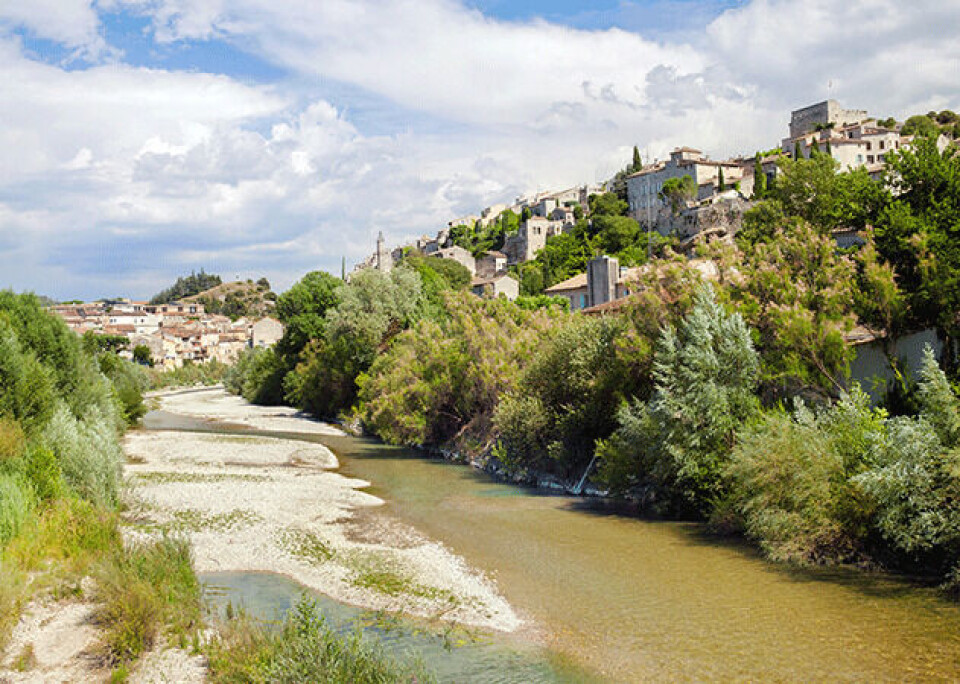-
Rules change for dog walking in France from April
Here is how to ensure you and your dog remain within the rules and avoid fines
-
Why meat is becoming less popular in France
A new poll shows the alternative proteins people are choosing, and why
-
Spring sees return of Asian hornets in France: Action to take now
The hornets are particularly damaging to bee populations
12-year project to rewild French river a success
Local authorities aimed to return the site in southern France to its natural state to mitigate the effects of climate change

Work that started 12 years ago to ‘rewild’ parts of a river in southern France has been a success and could be replicated elsewhere.
As many rivers were drying up this summer, the Ouvèze in Ardèche continued to flow, thanks to efforts to undo damage from human activity.
Read more: Drought measures extended into October in south east France
Lifeless ditch
Local authorities decided to step in when they realised ‘improvements’ made in previous decades had left the river resembling a lifeless ditch.
Emeric Charron, responsible for rivers in the Communauté d’Agglomération Privas Centre Ardèche, said: “There were three main causes of the river’s problems.
“First, many tonnes of river stones were taken out to provide gravel for concrete.
“The riverbed was straightened and deepened because it was thought that having a deeper and faster-flowing river would help stop flooding.
“Finally, many of the trees and bushes on the side of the river were cleared for easier access.” The project, which now covers around three-quarters of the river’s length, started by replacing river stones which had been taken away, and replanting along the river.
“It has worked. Now, even in a drought year, the river continues to have some water in it, and it also flows, under the stones, where before it dried completely,” said Mr Charron.
‘All sorts of wildlife’
“All sorts of wildlife, from fish to dragonflies, have returned and the water in the improved places is often 3C cooler than elsewhere.”
Money for the project came from local authorities, and from the government’s agences de l’eau.
The latter receive fees paid towards environmental improvement by users with each water bill. The most recent work on the Ouvèze river was 70%-funded by the agences de l’eau.
“There is no reason why other areas cannot do the same with their own watercourses,” said Mr Charron. “We are now aware of just how damaging to the environment much of the work done from the 1970s to about 2000 was.
Related links
Look out ducks! France’s giant catfish are decimating the population
Fears the Giant American bullfrog will damage native French wildlife
Illegal Dordogne bridge could still be built over French river
























